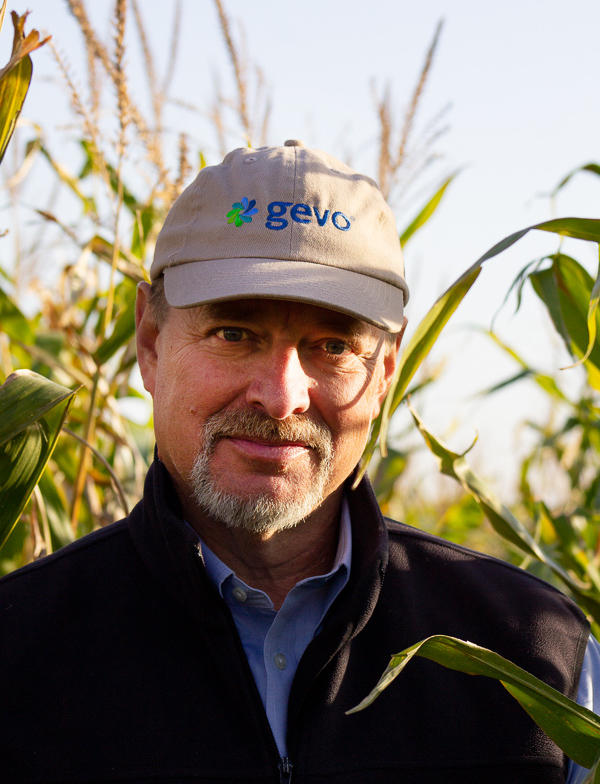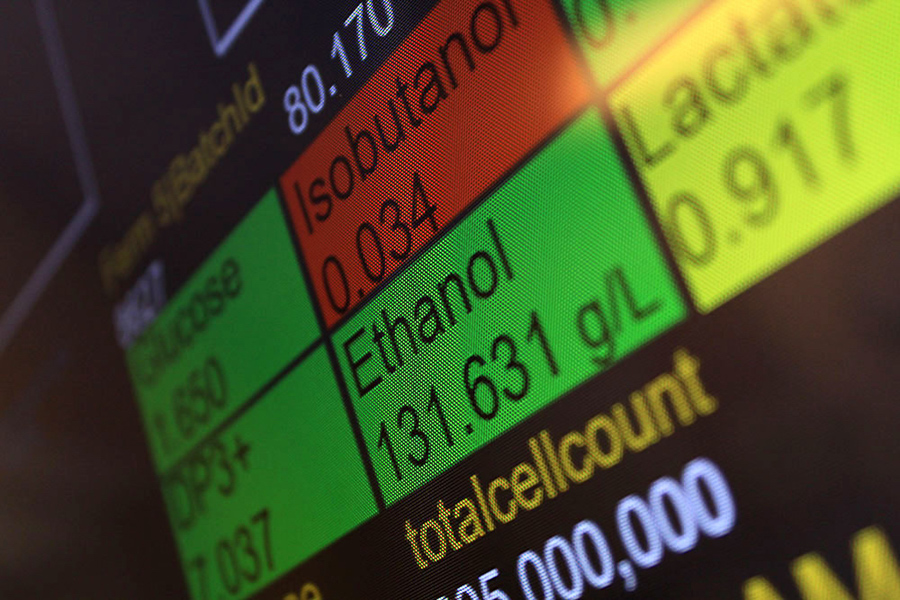The future is not just electric
While electric propulsion may well be the long-term solution, legacy projects require a different approach…
With the sustainable agenda on its way to becoming ubiquitous, much has been discussed about the various power solutions available to superyachts now and in the future. For the most part these discussions have been centred around the proliferation of diesel-electric systems and the imminent arrival of electric propulsion. However, while these solutions are undeniably necessary and attractive, they do beg the question, ‘what should be done about the existing superyacht fleet and their propulsion packages?’. We speak with Patrick Gruber, CEO of Gevo, the sustainable fuel manufacturer, about the market for biofuels.
“When you consider what the future looks like in terms of the demand for hydrocarbon-based fuels, it is predicted that the demand for gasoline, for example, is going to stay flat until 2050,” starts Gruber. “It is predicted that hybrid propulsion and electric systems will take the growth of the market, but the demand for gasoline will remain flat for the next 30 years.”
Over the last 10 years there has been an average of 165 30m-plus superyachts delivered year on year. While recent delivery results have been lower than the average, we can assume that in the coming years the superyacht market will continue to deliver around 140-160 superyachts per year and it is these vessels in particular that will stand to benefit from the development of new technologies.
However, this still leaves over 5000 legacy vessels that have not benefited from new technology and are yet still required to meet new environmental standards. This phenomenon is highlighted in the gasoline-related statistic above. While we will see growth in the number of hybrid and electric vehicles there will still be a number of diesel and petrol assets that require fuelling. Furthermore, imagine a scenario where every car (or yacht) changed to electric propulsion, the pressure put on the national grid would be astounding. Therefore, a transitional period is required.
“If you want to do something about hydrocarbon fuels, their pollution and the greenhouse gasses that they produce, you have to make something that is in essence the same, but with a different carbon source that yields a far lower carbon footprint – and that is exactly what we have set out to do,” continues Gruber. “We have designed a technology that makes gasoline and jet fuel – we are also able to make diesel fuel. Using carbohydrates and a genetically engineered yeast (that would normally produce ethanol) we produce isobutanol, which is a four-carbon structure and these four carbons are incredibly important. Through a catalytic process we combine the isobutanol molecules to create the eight-carbon molecule isooctane, which is the basis of gasoline.”
 Patrick Gruber, CEO of Gevo
Patrick Gruber, CEO of Gevo
While Gevo’s business model has focussed on the creation of gasoline and jet fuel, the same processes are capable of creating a renewable diesel alternative. Indeed, at present there are already renewable diesel products that are made from vegetable oil available for use. What these alternatives offer is a product that produces reduced sulphur, reduced particulates and has a negligible carbon footprint. Additionally, these fuels can be used within today’s commonly used propulsion systems. The two current holdbacks are price and availability.
“Companies likes ourselves need to get bigger, we need to finance plants, build infrastructure and scale up the process in order to benefit from the economies of scale,” explains Gruber. “The superyacht market should be demanding the supply of renewable diesel and figuring out how to get it. The product is available, but companies like Gevo will not be able to supply it without the demand for it. It is true that you may have to pay a premium for it, but with the value-added properties, as well as the obvious environmental benefits, cost should not be such an issue.”
The notion of ‘transition’ is becoming an increasingly important one. In the world of investment, olive bonds, which help businesses transition from being brown to green, are gradually being considered more vital. While much of the focus in the superyacht industry has been about its idyllic green future, emphasis must be put on the practical steps required to reach this theoretical nirvana.
NEW: Sign up for SuperyachtNewsweek!
Get the latest weekly news, in-depth reports, intelligence, and strategic insights, delivered directly from The Superyacht Group's editors and market analysts.
Stay at the forefront of the superyacht industry with SuperyachtNewsweek
Click here to become part of The Superyacht Group community, and join us in our mission to make this industry accessible to all, and prosperous for the long-term. We are offering access to the superyacht industry’s most comprehensive and longstanding archive of business-critical information, as well as a comprehensive, real-time superyacht fleet database, for just £10 per month, because we are One Industry with One Mission. Sign up here.
NEW: Sign up for
SuperyachtNewsweek!
Get the latest weekly news, in-depth reports, intelligence, and strategic insights, delivered directly from The Superyacht Group's editors and market analysts.
Stay at the forefront of the superyacht industry with SuperyachtNewsweek




